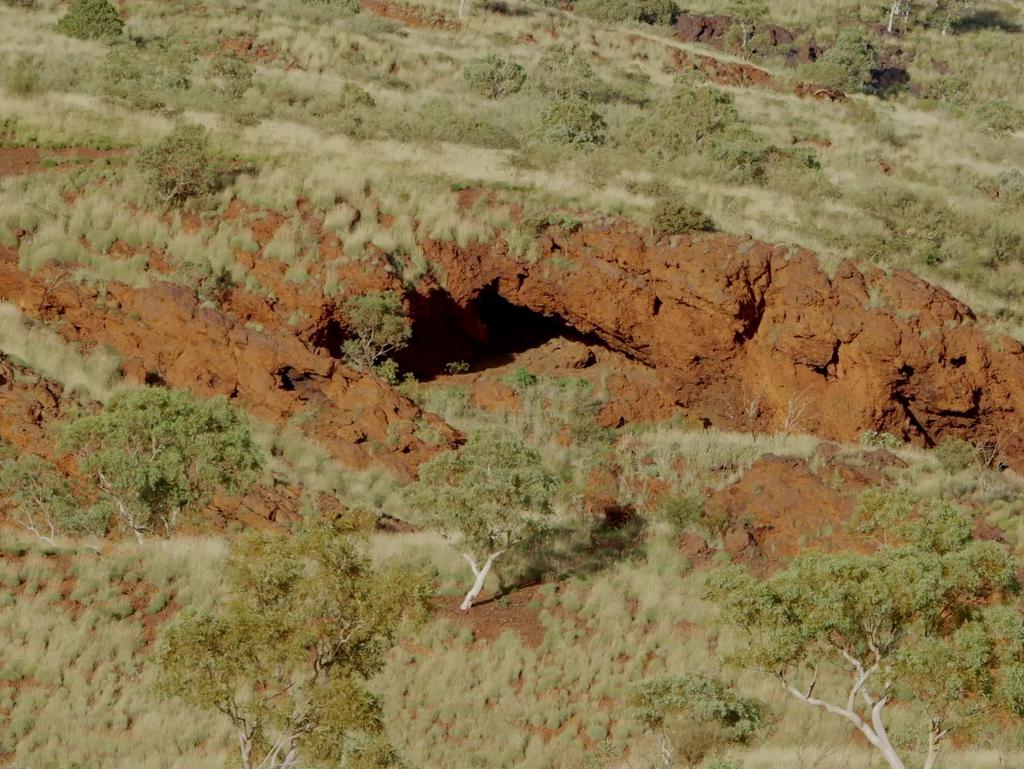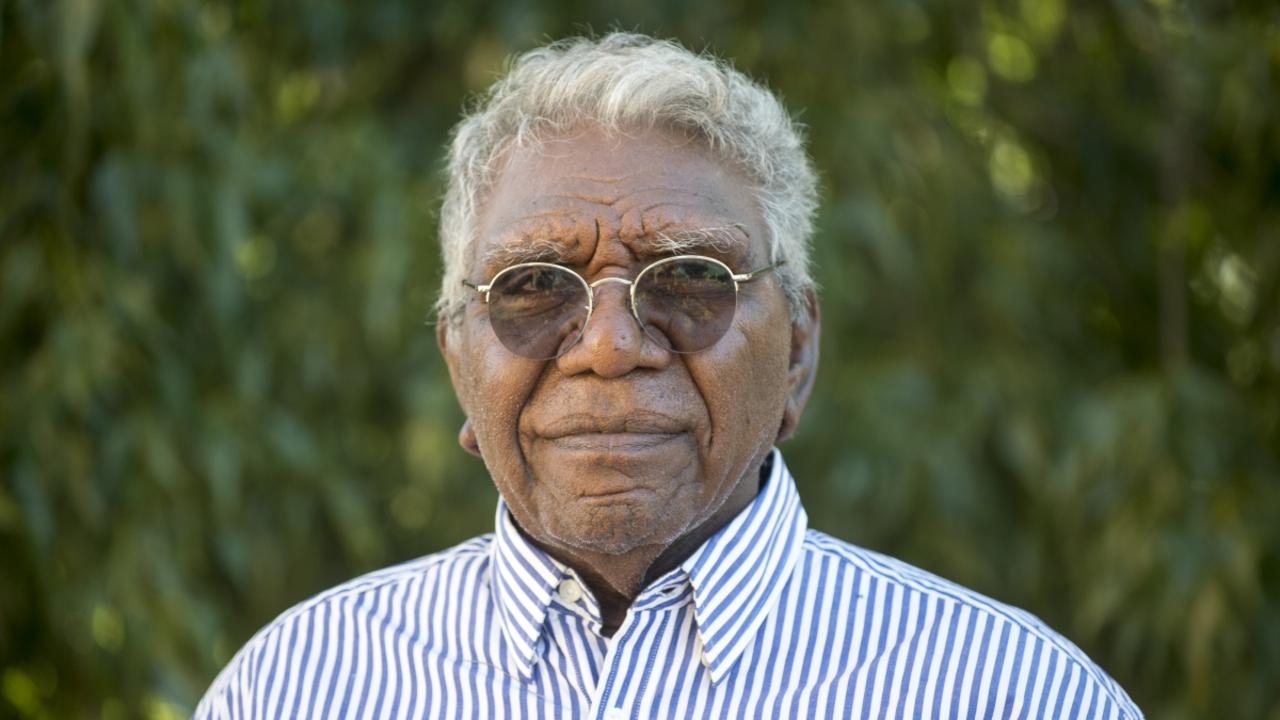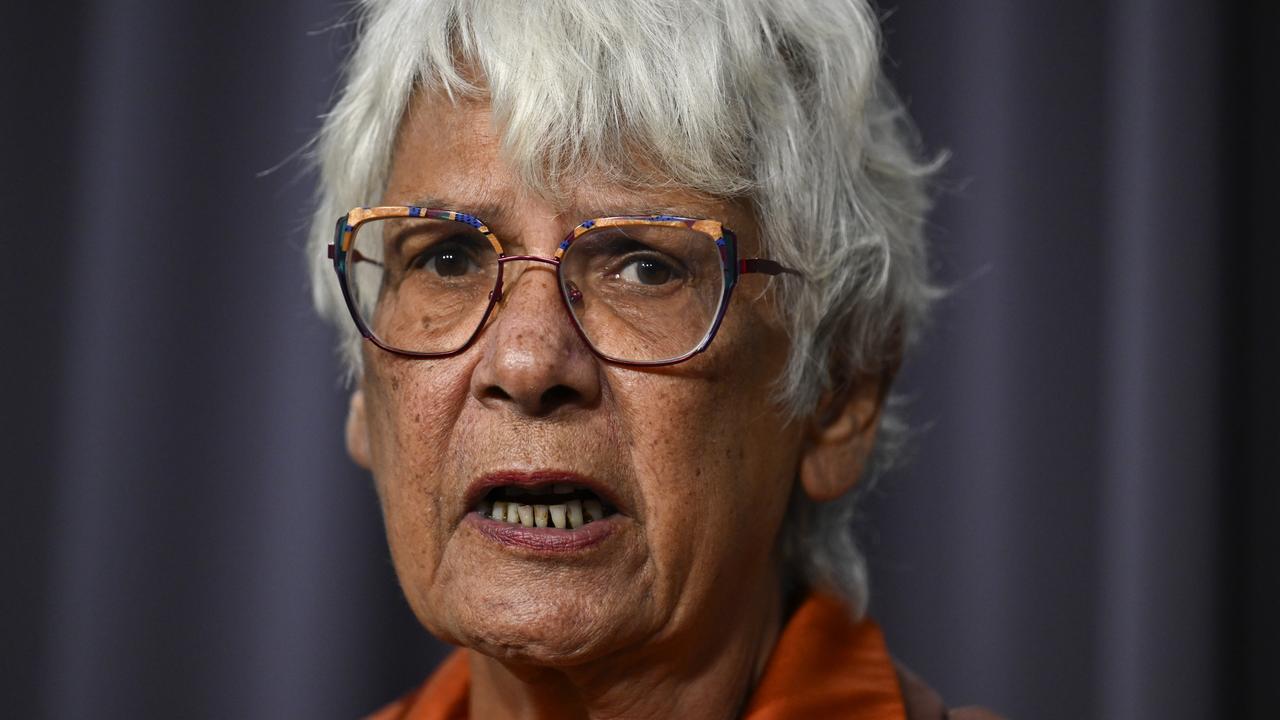Destroyed Aboriginal sites at Juukan Gorge ‘of global importance’: archaeologists
Society of American Archaeologists slams Rio Tinto’s destruction of Aboriginal sites in Juukan Gorge in letter sent to government.

Australia’s destruction of globally important heritage sites has been criticised by the Society of American Archaeologists in a letter sent to the West Australian and federal governments.
The society of 7000 professional archaeologists wrote that its members were “profoundly disappointed at the destruction of ancient Aboriginal sites in Juukan Gorge by the Rio Tinto Group”.
“These places are of great significance to the Puutu Kunti Kurrama and Pinikura traditional owners, who we strongly support in their condemnation of Rio Tinto’s actions.
“Given the worldwide rarity of sites of such antiquity, the rock shelters were also of outstanding archaeological importance.”
The society said it understood Rio Tinto was legally allowed to mine the sites after funding archaeological research in the rock shelters before they were destroyed.
“Nonetheless, it seems extraordinary that a nation with Australia’s international reputation as a leader in heritage protection was unable or unwilling to protect sites demonstrated to be of such value to traditional owners and to our understanding of human history,” it said.
The letter, signed by society president Joe Watkins and sent this week to WA Aboriginal Affairs Minister Ben Wyatt and his federal counterpart, Ken Wyatt, recognised WA was dealing with outdated legislation.
It also said Rio Tinto had neglected its global corporate guidance on cultural heritage matters that are “designed in part to compensate for poor legislation”.
Mr Watkins said Rio Tinto had been instrumental in developing international industry standards concerning mining and indigenous peoples.
The society is primarily dedicated to protecting archaeological heritage of the Americas, but the letter said the deep history of Australia “speaks directly to worldwide understanding of what it means to be human, in utterly unique ways”.
Mr Watkins said he understood WA’s Aboriginal heritage legislation was under review and he hoped updated laws would be “a much fairer and more robust system for the protection of Aboriginal sites and values (and) include provision for Aboriginal peoples to appeal decisions that allow sites to be damaged or destroyed”.
Greens MP Robin Chapple told state parliament that Rio Tinto agreements in the Pilbara contained clauses that released the company from any actions or proceedings under the Racial Discrimination Act, Native Title Act, Aboriginal Heritage Act or Fair Trading Act.
“The traditional owners are hamstrung, and they also suffer because the contracts that they sign have a nondisclosure clause,” Mr Chapple said.
By publicly revealing the May 24 destruction at Juukan caves, the PKKP had probably technically breached the agreement, he said.
Rio Tinto Iron Ore chief executive Chris Salisbury said earlier this week that the mining giant unreservedly apologised for what had happened at the Juukan caves.
“We are committed to learning from this and doing all we can to improve,” he said.
“We are working closely with the PKKP to find a clear way forward on future plans for the Juukan Gorge.”





